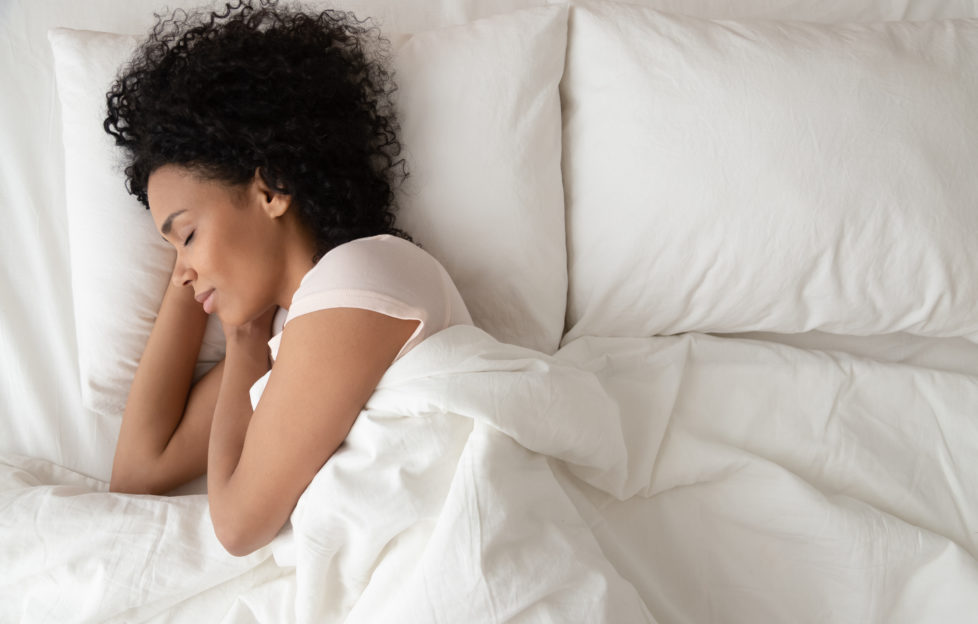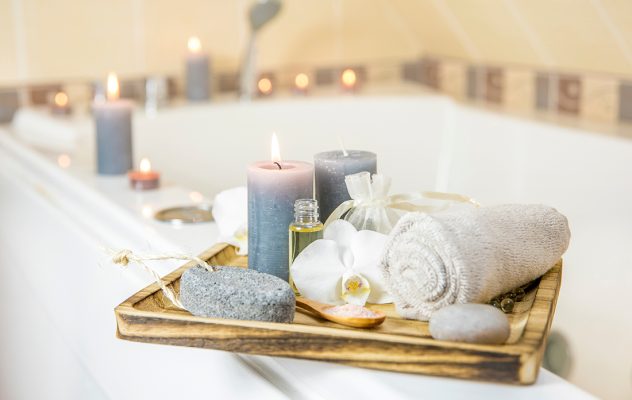4 Tips For Sleep To Beat Insomnia

The differing health needs of women are becoming more widely recognised. Including how women are 40% more likely to experience insomnia than men. There are a few reasons why this is, plus some top tips to help sleep with insomnia.
From adjusting food intake around their menstrual cycle to differing hormones, a lot of areas of health need to be tailored to women’s unique biology.
Hormones are often to blame because of the way they fluctuate throughout the month, they can affect women’s sleep cycles. Additional factors include periods, whereby cramps and other symptoms can keep you awake at night, and the menopause, which causes hot flushes. Free Soul, provider of health products and vegan pure protein powders that are designed to meet women’s unique nutritional needs, shares the ultimate guide to a good night’s sleep – specifically designed for women.
4 Ways to Beat Insomnia
1. Keep Your Bedroom Cool
Women often run colder than men because of the way body fat is stored and lower metabolic rates. While that might lead to you keeping your bedroom toasty overnight, a warm sleeping space can negatively impact your sleep.
The recommended temperature for our bedrooms is 18.3°C, which might feel a little chilly to sit in, but is optimal for sleep. That’s because the temperature of our bodies drops at night so by encouraging that, you’re encouraging your body to get ready to sleep.
This is especially helpful for women who are experiencing the menopause, which is often accompanied by hot flushes that can wake you through the night.
2. Shower Or Bath In The Evening

Pic: Shutterstock / FotoHelin
Having a warm bath or shower on an evening is not only a soothing exercise, but it’s another step you can take to naturally cool down your body temperature – without really noticing it. For menopausal women, taking a slightly cooler shower can combat hot flushes but still kickstart the body cooling process.
Having an evening shower or bath has additional benefits that can also improve our sleep. It can release any physical tension we’re holding in our bodies after a long day, soothing muscles and easing aches and pains ahead of bedtime.
Taking the time out to care for ourselves can also provide a mental wellbeing boost – and if you have the time, make the most of your bathing. Indulge in a book in the bath or use your shower time to practise mindfulness and rhythmically apply your favourite shower gels and scrubs. This act of self-care can put our mind at ease, which can help prevent a racing mind once you lay your head on your pillow.
3. Mindful Bedtime Routine
Those racing thoughts are a common cause of insomnia in women. Women are twice as likely to experience anxiety as men and we are more likely to experience these anxious thoughts at bedtime.
Mindfulness is a powerful way to reduce these anxious thoughts – and it can come in many forms. We no longer think of mindfulness and meditation as the practice of sitting cross-legged and chanting “omm”. It’s a process where we take moments to pause and free our minds during the day. While this type of mindfulness is beneficial, journaling can also be an effective way to remove those negative thoughts from your brain.
At least an hour before you head to bed, take a few moments to write down all your anxieties and worries from the day. Then, note down whether you can resolve it, and whether it can be resolved in that moment. If it can, take those steps. And if it can’t? You leave that anxiety on your sheet of paper instead of in your head.
4. Nutrition
Women’s differing hormones, as well as their menstrual cycle, means their nutritional needs vary from men’s. Women who have periods can benefit from iron supplements – and this is especially true for those who experience heavy periods. Pregnant and breastfeeding women are also more prone to iron deficiencies and should consider increasing their intake or supplementing. You may also suffer from a deficiency in magnesium – and this mineral plays an essential role in our sleep. It’s recommended to get as much magnesium as possible from your diet, but if you’re struggling, supplements can help too.
These tips can help you to battle the insomnia that we’re more prone to by reducing the anxiety that can cause it, regulating our body temperature and addressing common nutritional deficiencies. Now, go ahead and get the restful sleep you need.
Read more Health tips from the “Friend”.





